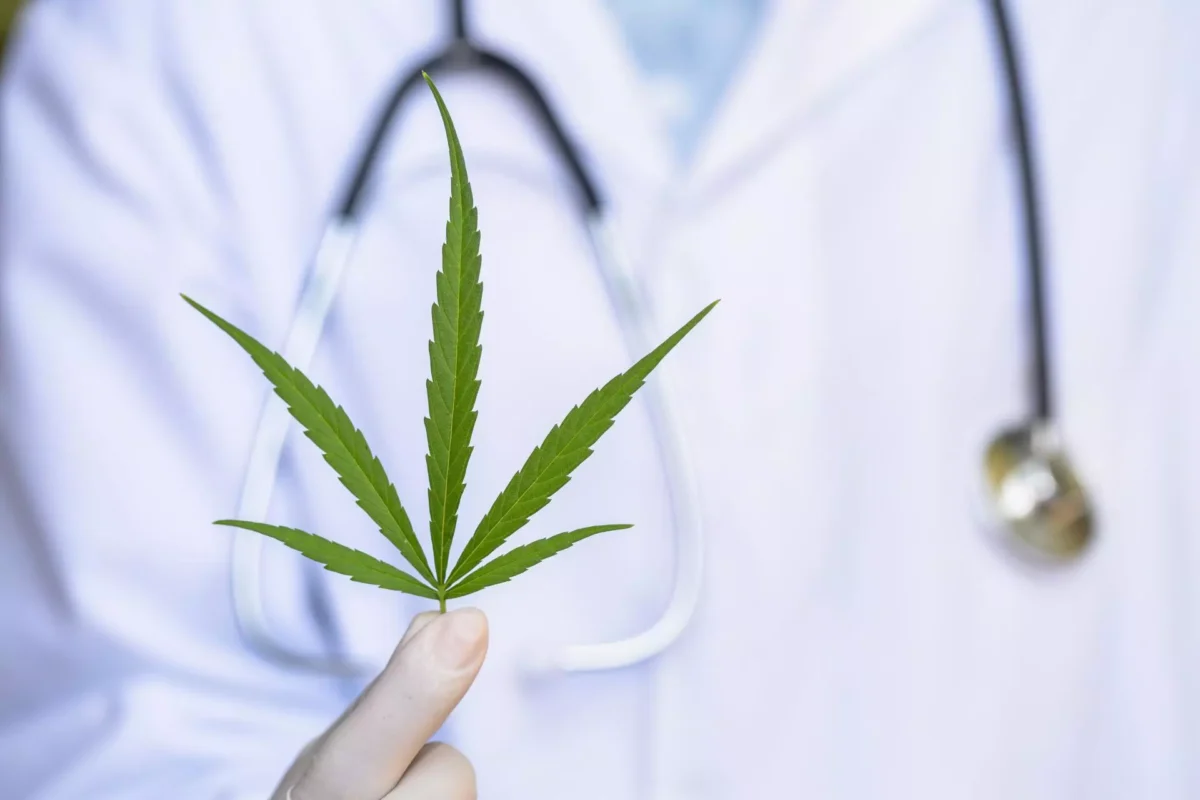Doctors Group Advocates for Cannabis Decriminalization and Enhanced Education on Cannabinoids
Washington, D.C. – The American College of Physicians (ACP), representing over 160,000 internal medicine physicians, has issued a compelling policy paper advocating for the decriminalization of cannabis. The call for reform includes decriminalizing personal possession of small amounts of cannabis and enhancing evidence-based education for healthcare professionals on cannabinoids.
Key Recommendations
Decriminalization: The ACP’s policy paper argues that decriminalizing cannabis possession for personal use would address systemic inequities and shift the focus from punitive measures to treatment-oriented approaches for substance use disorders.
Enhanced Training and Education: The ACP stresses the need for integrating cannabis education into substance use curricula at all levels of medical training. “Cannabis content should be incorporated into substance use curricula at all levels of physician education,” the ACP asserts in the policy paper published in the Annals of Internal Medicine. This recommendation reflects a growing awareness among healthcare professionals about the inadequacies in current training regarding medical cannabis.
Public Health and Regulation: The ACP is calling for the immediate regulation of marijuana and cannabinoid product advertising to reduce youth exposure and prevent early initiation and continued use. They also emphasize the necessity for robust research on all forms of cannabis and cannabinoids, supporting the reclassification of marijuana from a Schedule I to a Schedule III controlled substance.
Broader Context
The ACP’s stance aligns with a broader trend within the medical community, where increasing numbers of doctor’s advocate for the legalization and regulation of marijuana. This shift is seen as essential for ensuring public health and safety while mitigating the adverse effects of stringent enforcement policies.
These recommendations come at a pivotal moment as the U.S. Drug Enforcement Administration (DEA) prepares to reclassify marijuana, a move that could significantly impact research, regulation, and public health policies related to cannabis.
Conclusion
The ACP’s policy paper represents a crucial step toward a more balanced and evidence-based approach to cannabis regulation. By calling for decriminalization and improved medical education, the ACP highlights the need for a nuanced approach that aligns with evolving societal norms and advances public health objectives. As more states legalize cannabis, the ACP’s recommendations underscore the importance of integrating comprehensive cannabinoid education into medical training and advocating for research-driven regulation.


